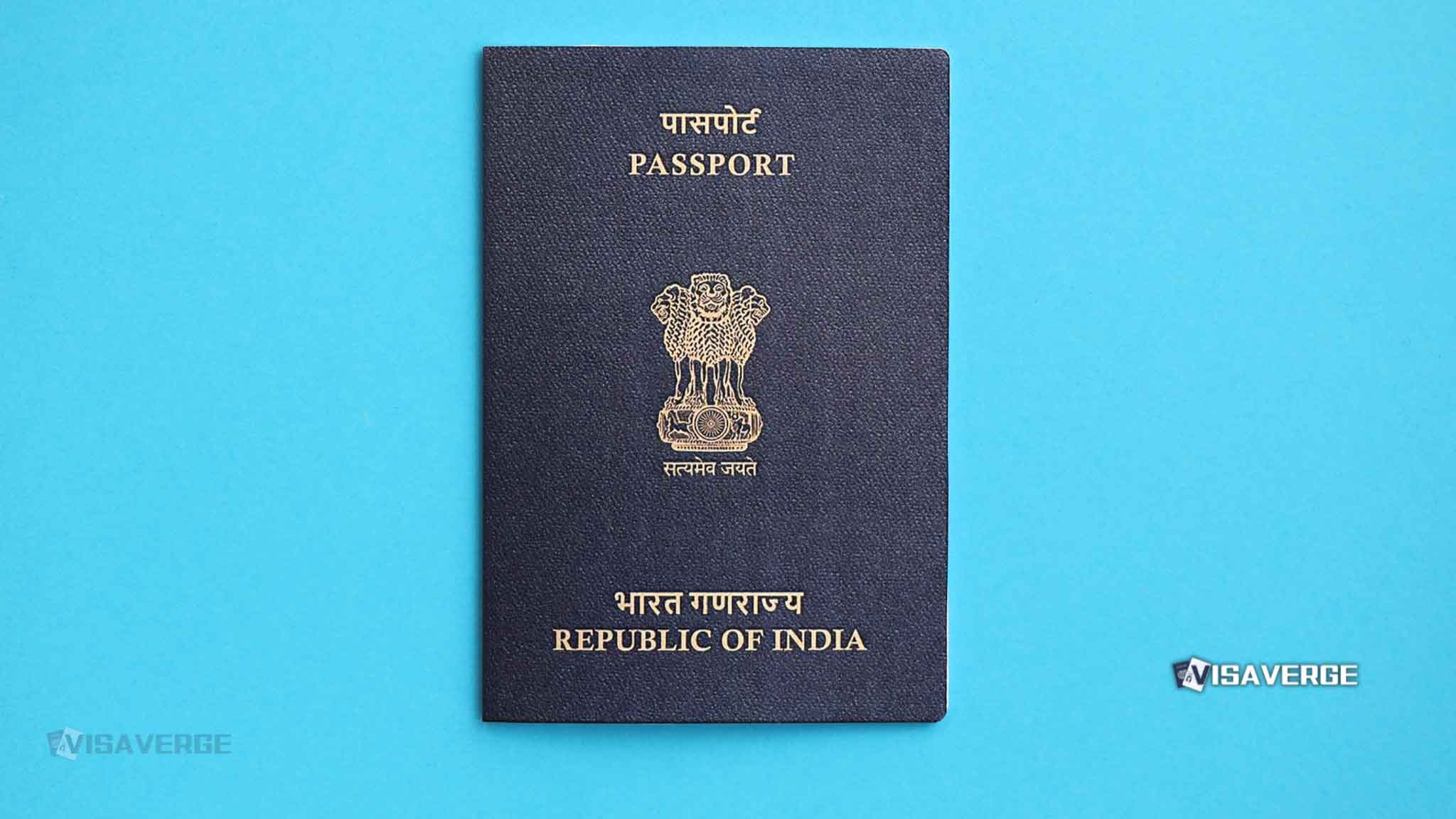(WISCONSIN) President Trump’s executive order signed in February 2025 directs federal agencies to cut off access for certain immigrants to at least 15 federally funded programs, a move already reshaping service delivery in Wisconsin while a lawsuit plays out. State officials say a temporary agreement delays most new limits here until September 2025, but providers report confusion, paused enrollments, and rising fear among families who rely on health, education, and treatment programs.
Federal action accelerated in July, when the Departments of Education, Health and Human Services, Justice, and Labor identified programs that will now exclude affected groups. The list includes Head Start, community health clinics, career training, substance use treatment, and free preschool. Wisconsin agencies and nonprofits say they are still parsing which grants and client groups fall under the new rules, and how to verify eligibility without disrupting care.

The Wisconsin Department of Justice estimates more than $43 million per year in substance abuse and community mental health block grants are at risk. Those dollars help fund services in all 72 counties, 11 Tribal nations, and roughly 50 nonprofit organizations. State and local partners warn that any cut in coverage could spill over to emergency rooms, school readiness programs, and local workforce efforts.
Policy changes overview
The order instructs agencies to “identify all federally funded programs currently providing financial benefits to illegal aliens and take corrective action.” It reaches beyond long-standing bars under a 1996 federal law, which already blocked many immigrants from 31 “federal public benefits” such as Medicaid, Medicare, Social Security, and cash assistance.
According to advocacy summaries and agency guidance, the 2025 policy extends exclusions to additional education, health, and social service programs that were not previously covered.
Who is newly barred (per federal guidance and National Immigration Law Center)
- Undocumented immigrants
- People with Temporary Protected Status (TPS)
- Nonimmigrant visa holders (such as students and most temporary workers)
- Applicants for asylum or U visas
- Recipients of Deferred Enforced Departure or deferred action, including DACA
- Other lawfully present immigrants who are not within protected categories
Who remains eligible
- Lawful permanent residents (green card holders)
- Refugees
- People granted asylum or withholding of removal
The Trump administration frames the executive order as a step to protect taxpayer resources and prioritize U.S. citizens, citing national security and economic goals. Supporters argue federal benefits should not encourage unauthorized migration or stretch limited funds. Opponents counter that excluding mixed-status families from early education, health care, and treatment harms children and undercuts public health aims.
Impact in Wisconsin and legal landscape
Wisconsin joined 20 other states in suing to block the new restrictions. Under a temporary agreement, most limits are delayed in the state until September 2025 while the case proceeds. That pause has not ended uncertainty.
Program directors describe a patchwork response:
– Some have frozen new enrollments for people whose status is unclear.
– Others continue services while awaiting written guidance from Washington.
Providers and agencies report two early effects:
1. Confusion about who is subject to the order and which grants are covered.
2. A chilling effect, where even eligible immigrants stay away for fear of sharing personal information.
That fear touches families with U.S. citizen children in programs like Head Start and free preschool, as well as patients seeking substance use treatment or counseling.
Federal departments are updating eligibility rules program by program, and have told grantees to prepare to verify immigration status. Yet many Wisconsin organizations say they lack clear instructions on acceptable proof, data storage, and privacy protections.
For schools, clinics, and treatment centers, those are not small details. Staff retraining, new intake processes, and potential audits all take time and money that most local agencies do not have to spare.
Key immediate choices for Wisconsin stakeholders
- State and local governments: plan for possible funding gaps and service handoffs.
- Nonprofit providers: balance the risk of losing grants if eligibility is misapplied against the legal and ethical risk of denying care improperly.
- Immigrant advocacy groups: raise civil rights concerns and urge clear communication so eligible families are not turned away.
- Federal agencies: issue timely, plain-language guidance and clarify how audits will function.
The scope reaches well beyond immigration courtrooms:
– Literacy classes may lose adult learners who fear screening.
– Career education programs could close doors to trainees on student or work visas.
– Health clinics may see fewer patients from communities already facing barriers to care.
– Substance use and mental health programs, heavily dependent on federal block grants, are especially exposed.
For context on those grants, see the Substance Abuse and Mental Health Services Administration’s overview of block grants at the U.S. Department of Health and Human Services: https://www.samhsa.gov/grants/block-grants.
According to analysis by VisaVerge.com, the breadth of the exclusions is unusual because it sweeps in categories that had been considered “lawfully present” for many non-cash programs. The site notes that implementation details will determine how many people actually lose access, and whether mixed-status households will face split eligibility inside the same home.
Timing, preparation, and practical steps
For Wisconsin residents and service providers, timing matters. If the court lifts the current delay, administrators may have only weeks to:
1. Roll out screening
2. Write new policies
3. Train staff before audits begin
If the court extends the pause or halts the policy, agencies will still need to:
– Reverse freezes
– Restore confidence among clients who stayed away
Either way, state officials and grantees say the best step now is to prepare for both outcomes.
Practical steps many Wisconsin programs are taking include:
– Staff briefings on who remains eligible—especially refugees, green card holders, and those already granted asylum—so front-line workers can give clear answers at intake.
– Drafting scripts to reassure clients about how personal information will be handled and that services remain open to those who qualify under current rules.
– Mapping alternative funding sources in case federal dollars tighten.
Officials also suggest more reviews may come, prompting counties and Tribal nations to plan for possible tighter eligibility rules.
Important deadlines and figures:
– Temporary delay in Wisconsin in effect until September 2025 (subject to court action).
– More than $43 million per year in mental health and substance abuse block grants are at risk.
– At least 15 federally funded programs targeted for new limits.
– Impacts potentially affect 72 counties, 11 Tribal nations, and roughly 50 nonprofit organizations across Wisconsin.
As of August 15, 2025, the executive order remains in place, though most changes in Wisconsin are on hold until September 2025. What happens next hinges on the court’s timeline—and on how clearly federal agencies explain the rules that will govern classrooms, clinics, and counseling rooms across the state.
This Article in a Nutshell
Trump’s February 2025 order aims to exclude certain immigrants from 15 federal programs, prompting Wisconsin confusion, paused enrollments, legal challenges, and $43 million risk to mental health funding while agencies and providers scramble to prepare or reassure affected families.













